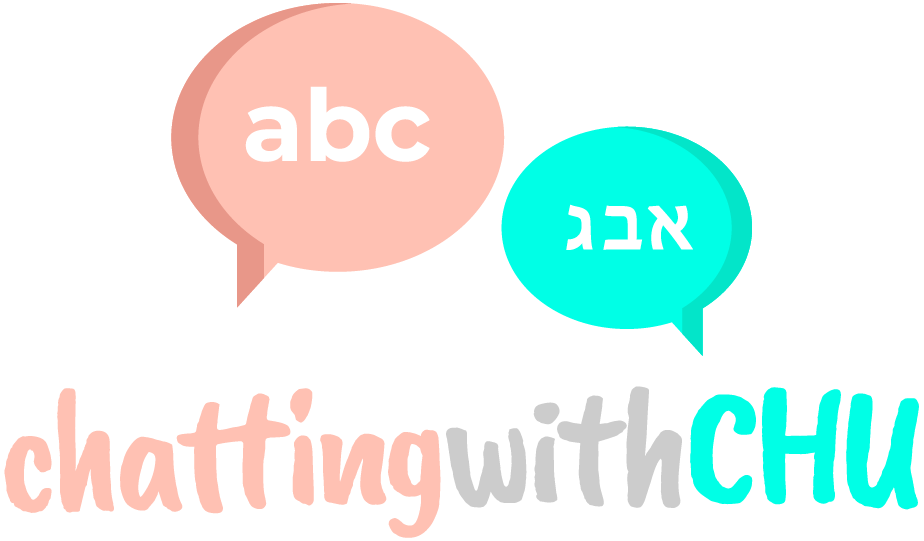Sharone provides intervention to children ages 3-12. Services are provided in the comfort of your own home or remotely. Learn more about the services offered below.
Phonological Awareness Intervention
Phonological Awareness skills are the building blocks for learning to read. Phonological awareness is all about recognizing the different parts and sounds of spoken language. Among other skills, phonological awareness includes skills like rhyming, isolating initial and final sounds or syllables in words, and blending sounds together. While some children learn these skills easily, others need more explicit instruction. Moreover, children who struggle with phonological awareness are more likely to develop difficulties learning how to read.
Phonological Awareness Intervention is aimed at strengthening phonological awareness skills in a fun and engaging way.
Literacy Intervention (Reading and Spelling)
An Orton-Gillingham based approach is used for reading intervention. Intervention will be structured, multisensory, and individualized based on your child’s needs. Sessions will focus on decoding (applying letter-sound and pattern knowledge to accurately pronounce written words), encoding (spelling), and comprehension (e.g., answering wh- questions, story grammar, main idea vs. details).
Receptive and/or Expressive Language Therapy
Language disorders can be receptive, expressive, or mixed. Receptive language refers to your child’s ability to understand or process language, while expressive language refers to your child’s ability to produce language. Expressive language difficulties can be due to a limited vocabulary or difficulty putting words together in a cohesive manner (e.g., telling a story, expressing thoughts/feelings). Both receptive and expressive language difficulties can impede your child’s ability to communicate in various settings.
Language therapy incorporates various age-appropriate activities and games that are tailored to your child’s unique interests and individual goals. Sessions can focus on listening/comprehension skills (e.g., following directions, answering questions, story grammar, cause and effect) and/or improving expressive language (e.g., vocabulary, grammar, sentence structure). Language therapy can aid your child in communicating more effectively with family members, teachers, and peers.
Speech/Articulation Therapy
Speech sound disorders refer to any combination of difficulties with perception, motor production and/or the phonological representation of sounds and speech segments. Children with speech sound disorders may omit, substitute, and/or change various speech sounds making it difficult for listeners to understand what the child is saying.
Speech (or articulation) therapy is tailored to meet your child’s individual needs. Speech therapy may include games and/or exercises that will help your child accurately produce speech sounds, syllables, and eventually words and sentences!
Bilingual Speech/Language Therapy (English/Hebrew)
As a bilingual speech-language pathologist, therapy can be provided to children who have speech and language impairments in English and/or Hebrew. The type of therapy activities and the language in which therapy is conducted will be determined by each child’s individual needs and goals.

